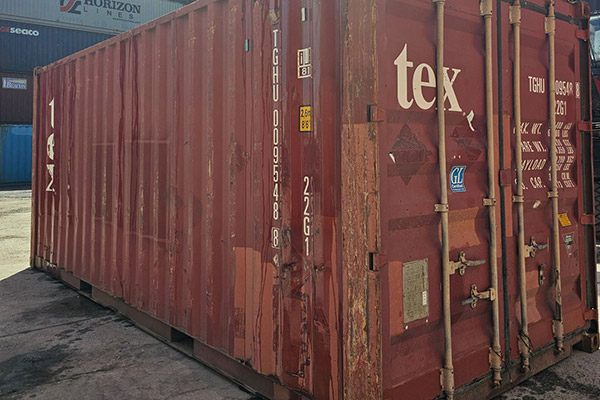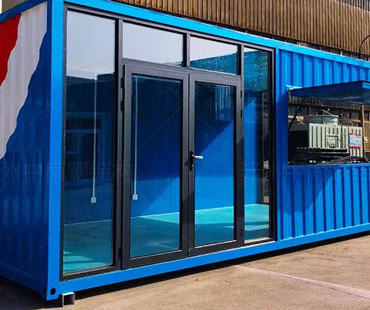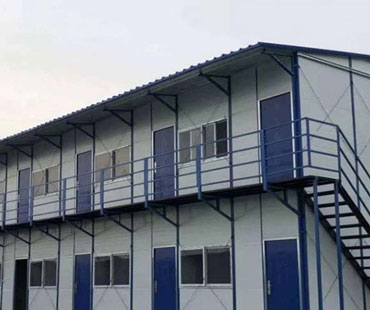Refrigerated containers, commonly known as reefer containers, are vital in the transportation of perishable goods such as food, pharmaceuticals, and other temperature-sensitive products. Proper maintenance and care of these containers are essential to ensure they operate efficiently, maintain the integrity of the cargo, and extend their lifespan. This article provides essential tips for maintaining and caring for refrigerated containers.
1.Regular Inspections
Conducting regular inspections is crucial for identifying potential issues before they escalate. Inspect the following components:
-Refrigeration Unit: Check for any signs of wear, dirt, or damage. Ensure that the unit is functioning correctly and that the temperature settings are accurate.
-Seals and Gaskets: Inspect door seals and gaskets for cracks or wear, as these can lead to temperature fluctuations and energy loss.
-Interior Condition: Ensure the interior is clean, free from residue, and without any signs of mold or corrosion.
2.Temperature Monitoring
Consistent temperature monitoring is essential to ensure that the cargo remains within the required temperature range. Consider the following:
-Use of Temperature Loggers: Install temperature loggers that can provide real-time data and alerts if temperatures deviate from set parameters.
-Regular Checks: Manually check the temperature at regular intervals, especially during loading and unloading processes.
3.Cleaning Protocols
Keeping refrigerated containers clean is vital to prevent contamination and cross-contamination of goods. Follow these cleaning protocols:
-Regular Cleaning: Clean the interior surfaces of the container regularly using mild detergents. Avoid harsh chemicals that could leave residues.
-Drainage System: Ensure that the drainage system is unclogged, allowing for proper drainage of condensation and preventing water accumulation.
4.Proper Loading and Unloading
Improper loading and unloading can damage both the refrigerated container and the cargo. Adhere to these guidelines:
-Avoid Overloading: Ensure that the container is not overloaded, as this can impede airflow and cooling efficiency.
-Airflow Management: Maintain proper airflow around the cargo by not blocking vents. This is critical for even temperature distribution.

5.Power Supply Management
Refrigerated containers require a reliable power source to maintain the internal temperature. Consider the following tips:
-Check Power Connections: Regularly inspect power cables and connections for wear or damage. Loose connections can lead to power loss.
-Use Backup Generators: If transporting goods over long distances, consider using backup generators to avoid interruptions in the power supply.
6.Documentation and Record-Keeping
Maintaining detailed records of maintenance activities, inspections, and temperature logs is essential for compliance and operational efficiency:
-Maintenance Logs: Keep a log of all maintenance activities performed and any issues encountered. This helps in tracking the container’s performance over time.
-Temperature Records: Document temperature readings throughout the transport process for accountability and quality assurance.
7.Training Personnel
Ensuring that all personnel involved in the handling and transportation of refrigerated containers are properly trained is crucial:
-Proper Handling Techniques: Train staff on best practices for loading, unloading, and operating refrigerated containers.
-Emergency Procedures: Educate team members about emergency procedures in case of equipment failure or temperature deviations.
8.Professional Maintenance Services
Sometimes, professional assistance is necessary to ensure the optimal functioning of refrigerated containers:
-Scheduled Professional Inspections: Schedule regular inspections and maintenance with qualified technicians who specialize in refrigerated container systems.
-Repairs: Address any repairs promptly to avoid disruptions to the cold chain and prevent further damage.
Proper maintenance and care of refrigerated containers are vital for ensuring the safe transportation of perishable goods. By following these maintenance tips, operators can enhance the efficiency of their refrigerated containers, protect cargo integrity, and prolong the lifespan of these essential transport units. Regular inspections, effective temperature monitoring, proper cleaning, and staff training are all integral components of a successful maintenance strategy. With diligent care, refrigerated containers can continue to play a critical role in the global supply chain.


